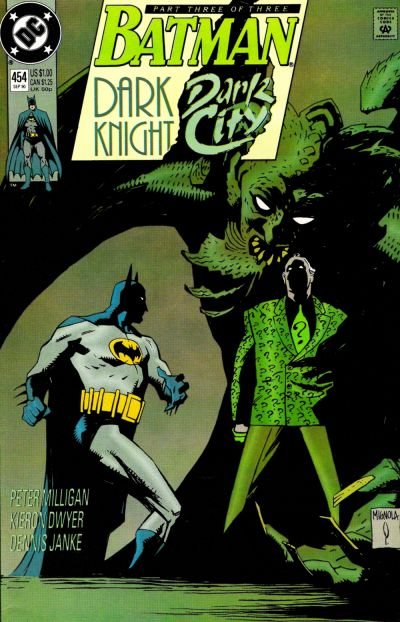

Eve, the creator of Original Sin was often seen as why women should be suppressed and obedient, though the Virgin Mary provide a contrast of Eve and was looked upon to be great. Real life women were subservient and oppressed due to the fact that Bible dictated they should be that way and religion was so closely adhered to.

Women’s role in society was often compared to that which is written in the Bible. Throughout the Medieval Period, women’s most important role was that of a mother or child bearer, whether she was rich or poor, children were her first priority. During the story, Una quite literally keeps the Knight on the forest past, discouraging him from straying and finding other things to do: “‘Be well aware,’ quoth then that Ladie milde, ‘Least suddain mischiefe ye too rash provoke: The danger hid, the place unknowne and wilde,'” (785). Reading further, “So pure and innocent, as that same lambe, she was in life and every vertuous lore, and by descent from Royall lynage came” (783), explaining that Una gets her virtue from her royal upbringing. We all know that white signifies purity, and the point made about her being whiter than her ride gives us an idea about how Virginly she is. She appears riding right along side the Red Crosse Knight, riding a donkey “white then snow, yet she much whiter” (783). In Spenser’s The Faerie Queene, Una is the saintly princess that the Red Cross Knight must protect on his journey. Even when she is in trouble, the author doesn’t do any physical damage to her, often just putting her to sleep or locking her somewhere until the hero can save her. She is respected and protected in some way throughout the story. Though still generally a secondary or even tertiary character in Medieval literature, The Virgin is still important to the plot. She is often described as beautiful, graceful. She tires to keep the hero on their quest. Telling the hero what God has in store for them is The Virgin’s primary job. She is rational, down-to-earth, and guiding (as far as guiding the main character towards the path that God has set out for them). In Medieval literature, The Virgin is often the voice of reason. It is her life and her behavior that created this “ideal” religious woman. Mary lived her life completely within the parameters of being a perfect Christian woman. The angel Gabriel came to her and told her she would bear the son of God. Mary was so pure of character that her pregnancy was an immaculate conception. Mary took a vow of virginity and remained faithful to it her entire life, despite giving birth to a child. Saint Mary, the mother of Jesus Christ, also called The Virgin Mary, is the first notable person recorded with this all around encompassing identity. Like many tropes in literature, this character ideology originated in The Bible. If an unwed woman were to appear in literature back in Medieval times, she would almost indefinitely be made into a virtuous, pure woman. According to the majority of early literature, women’s primary function was to remain “pure” until they are wed and then permitted to produce children.

Perhaps the most common, and most positively looked upon character trope to be affiliated with women in literature is “The Virgin”. The sections below will dive deeper into the disparity between how women were viewed in Medieval society and how they were portrayed in the literature of the time. However, there are some archetypes that break this cycle like the Trickster or Witch who break the social norms and stand out, displaying qualities of cunning intelligence, intimidation, and power. Some tropes feed into the idea that women are subservient and inferior to men such as the Virgin, which portrays females as passive and weak, or the mother whose very life circles around making a better life for her family and especially for her husband, or even the whore who has no power in her sexuality and must give it away for the well being of her family or the men in society. Despite their lack of validation and suppression, however, women in Medieval literature were certainly present in many works and in various forms. Therefore, women were mostly withheld from positions of power or speaking their voice males made decisions for them, and their lives were dictated by the men that ran the society. They were either held to be completely deceitful, sexual, innocent, or incompetent. Throughout the Medieval period, women were viewed as second class citizens, and their needs always were an afterthought. Character Tropes of Women in Medieval Literature


 0 kommentar(er)
0 kommentar(er)
